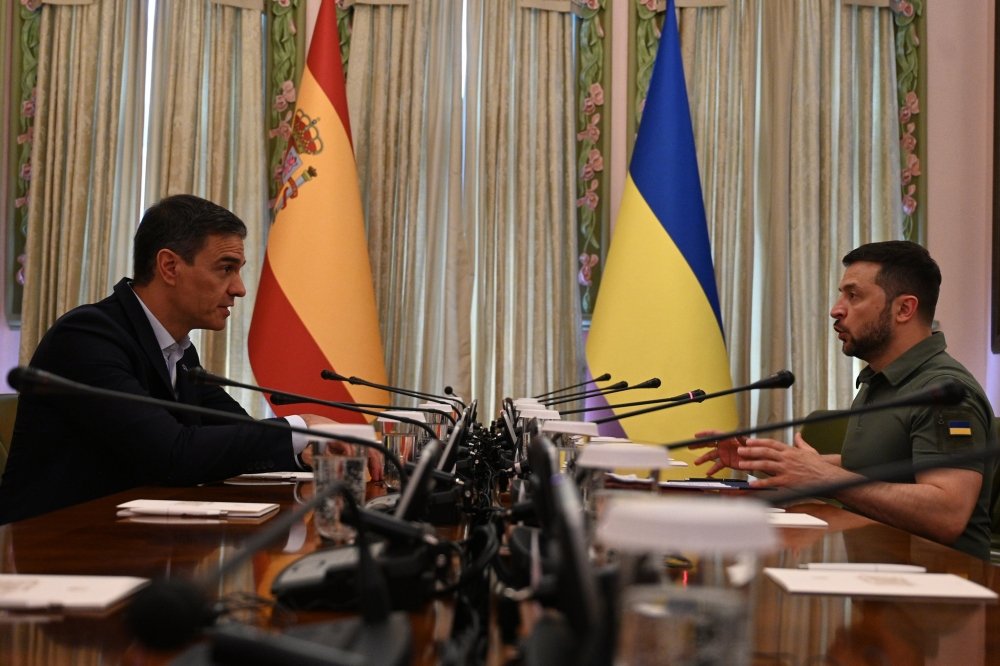Anticipated Priorities and Challenges of Hungary’s Upcoming EU Presidency

**Anticipated Priorities and Challenges of Hungary’s Upcoming EU Presidency**
As Hungary prepares to assume the rotating presidency of the Council of the European Union (EU) in the second half of 2024, the country faces a complex landscape of priorities and challenges. The presidency, which rotates among EU member states every six months, provides an opportunity for Hungary to influence the EU’s agenda, steer negotiations, and foster consensus on key issues. However, Hungary’s upcoming presidency is likely to be marked by a series of both domestic and international challenges, as well as opportunities to shape the future of the European Union.
### **Key Priorities for Hungary’s EU Presidency**
1. **Economic Recovery and Resilience:**
One of the top priorities for Hungary’s presidency will be to continue supporting the EU’s economic recovery in the aftermath of the COVID-19 pandemic. The EU’s Recovery and Resilience Facility (RRF), which provides financial support to member states to implement reforms and investments, will remain a focal point. Hungary will need to ensure that the RRF is effectively utilized to promote sustainable growth, job creation, and economic resilience across the EU.
2. **Energy Security and Climate Action:**
Energy security has become a pressing concern for the EU, particularly in the context of the ongoing geopolitical tensions and the need to reduce dependence on Russian energy supplies. Hungary’s presidency will likely focus on advancing the EU’s energy transition, promoting renewable energy sources, and ensuring the security of energy supplies. Additionally, Hungary will need to navigate the EU’s ambitious climate goals, including the implementation of the European Green Deal and the Fit for 55 package, which aims to reduce greenhouse gas emissions by 55% by 2030.
3. **Migration and Border Management:**
Migration and border management are perennial issues within the EU, and Hungary’s presidency will need to address these challenges in a balanced and pragmatic manner. Hungary has been a vocal critic of the EU’s migration policies in the past, advocating for stricter border controls and opposing mandatory relocation quotas. As the presidency holder, Hungary will have the responsibility to facilitate discussions on the reform of the EU’s asylum system, the management of external borders, and cooperation with third countries to address the root causes of migration.
4. **Digital Transformation and Innovation:**
The digital transformation of the EU’s economy and society is another key priority that Hungary is expected to emphasize during its presidency. This includes advancing the EU’s digital agenda, promoting innovation, and ensuring that the EU remains competitive in the global digital landscape. Hungary will likely focus on issues such as cybersecurity, data protection, digital infrastructure, and the regulation of emerging technologies, including artificial intelligence.
5. **Strengthening EU Cohesion and Solidarity:**
Hungary’s presidency will also need to address the issue of EU cohesion and solidarity, particularly in the context of ongoing debates about the rule of law, democratic values, and the distribution of EU funds. Hungary has faced criticism from other member states and EU institutions over concerns about the rule of law and democratic backsliding. As the presidency holder, Hungary will need to navigate these tensions and work to build consensus on issues related to EU values, governance, and the future of European integration.
### **Challenges Facing Hungary’s EU Presidency**
1. **Geopolitical Tensions and EU Unity:**
Hungary’s presidency will take place against the backdrop of ongoing geopolitical tensions, particularly in relation to Russia’s invasion of Ukraine and the broader security challenges in Europe. Hungary’s close ties with Russia and its stance on sanctions have raised concerns among other EU member states. As the presidency holder, Hungary will need to demonstrate its commitment to EU unity and solidarity, particularly in the context of the EU’s response to the conflict in Ukraine and its broader foreign policy objectives.
2. **Domestic Political Context:**
The domestic political context in Hungary will also pose challenges for its EU presidency. Prime Minister Viktor Orbán’s government has been at odds with the EU on issues related to the rule of law, media freedom, and judicial independence. These tensions could complicate Hungary’s ability to effectively lead the Council and build consensus among member states. Additionally, Hungary’s domestic policies and rhetoric may come under increased scrutiny during its presidency, potentially leading to further friction with EU institutions and other member states.
3. **Managing Expectations and Building Consensus:**
As the presidency holder, Hungary will need to manage the expectations of both EU institutions and member states while working to build consensus on key issues. This will require effective diplomacy, negotiation skills, and the ability to navigate complex and often contentious debates. Hungary’s ability to act as an impartial and effective mediator will be crucial to the success of its presidency.
4. **Balancing National Interests with EU Priorities:**
Hungary’s presidency will also need to strike a balance between advancing its national interests and promoting the broader priorities of the EU. This will require careful consideration of how Hungary’s domestic agenda aligns with the EU